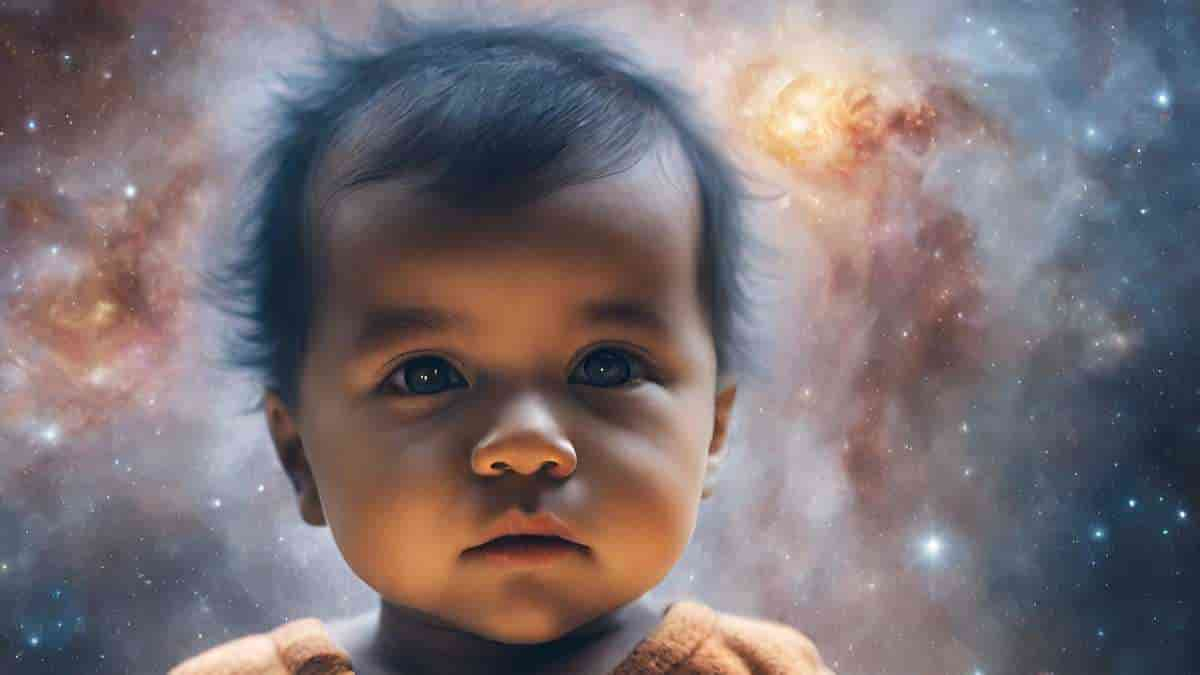An international research team comprising scholars from Trinity College Dublin, Australia, Germany, and the United States has identified evidence suggesting that conscious experience may be present from the moment of birth and possibly as early as late pregnancy. Significant ethical, legal, and clinical ramifications result from the findings.
Within the study, the researchers posit that the developing brain of an infant is already capable of conscious experiences at birth, which have the potential to profoundly influence the infant’s sense of self and comprehension of their surroundings.
The team is made up of neuroscientists and philosophers from Monash University, in Australia, University of Tübingen, in Germany, University of Minnesota, in the USA, and Trinity College Dublin.
Infant Consciousness Mysterious
Dr. Tim Bayne, a Philosophy Professor at Monash University (Melbourne) and one of the paper’s two lead authors, explains that infant consciousness remains mysterious despite the fact that every individual was once a baby, due to the fact that infants are unable to relay their thoughts and emotions.
“Nearly everyone who has held a newborn infant has wondered what, if anything, it is like to be a baby. But of course we cannot remember our infancy, and consciousness researchers have disagreed on whether consciousness arises ‘early’ (at birth or shortly after) or ‘late’ – by one year of age, or even much later.”
To provide a new perspective on when consciousness first emerges, the team built upon recent advances in consciousness science.
Brain Imaging Signals
Some signals from brain imaging have been shown to accurately distinguish consciousness from its absence in adults, and are increasingly used in science and medicine. This is the first time that these markers have been utilized to assess baby consciousness.
“Our findings suggest that newborns can integrate sensory and developing cognitive responses into coherent conscious experiences to understand the actions of others and plan their own responses,”
said co-author Lorina Naci, Associate Professor in the School of Psychology and leader of Trinity’s ‘Consciousness and Cognition Group.
The paper also sheds light into ‘what it is like’ to be a baby. We know that seeing is much more immature in babies than hearing, for example.
Furthermore, this research suggests that infants are capable of processing a greater variety of information, including sounds from other languages, than their older counterparts, despite having a lower awareness of objects and a slower ability to comprehend what is in front of them at any given time compared to adults.
Abstract
Although each of us was once a baby, infant consciousness remains mysterious and there is no received view about when, and in what form, consciousness first emerges. Some theorists defend a ‘late-onset’ view, suggesting that consciousness requires cognitive capacities which are unlikely to be in place before the child’s first birthday at the very earliest. Other theorists defend an ‘early-onset’ account, suggesting that consciousness is likely to be in place at birth (or shortly after) and may even arise during the third trimester. Progress in this field has been difficult, not just because of the challenges associated with procuring the relevant behavioral and neural data, but also because of uncertainty about how best to study consciousness in the absence of the capacity for verbal report or intentional behavior. This review examines both the empirical and methodological progress in this field, arguing that recent research points in favor of early-onset accounts of the emergence of consciousness.
Reference:
- Tim Bayne, Joel Frohlich, Rhodri Cusack, Julia Moser, Lorina Naci. Consciousness in the cradle: on the emergence of infant experience. Trends in Cognitive Sciences, 2023; DOI: 10.1016/j.tics.2023.08.018
